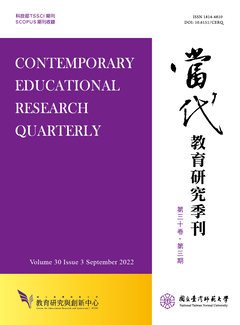

The relationship between individuals and the society, that is how socialized individuals interact with the society and contribute for the improvement of the society, has long been considered one of the most important issues in education. Any unilaterally favored treatment, placing more emphasis on either individuals or the society, may lead to impasse. Therefore it is central to consider how both aspects of the question can come to terms with each other in education. This article aims to explain the relationship between the individual and society on the base of Rein’s Doctrine of Ideas. After pointing out that ein’s account is insufficient for responding to this question, particularly as it relates to the individual’s ability to feedback to the society, I argue that in order to fully address the issue, we can take into account the thoughts of Goethe, Kerschensteiner and Spranger. They draw attention on the dialectical relationship between subject and object, and between the individual and the external world. Methodologically, the argument of this article proceeds with a hermeneutic approach as follows: first it outlines Rein’s theory in terms of how it explains the promoting of individual autonomy can be in accordance with social orders; then it draws attention to what Rein’s theory fails to adequately treat; and finally it proposes a modified thinking which enables a better respond to the question. A conclusion to respond to the relation between individuals and the society is discussed, by adapting Rein’s theory so as to show that the promotion of critical thinking and the maintenance of social orders are compatible, and both of which belong to the task of education simultaneously.

This work is licensed under a Creative Commons Attribution-NonCommercial 3.0 Taiwan License.
Center for Educational Research and Innovation, National Tawain Normal University
162, Ho-Ping East Rd, Sec. 1, Taipei, Taiwan | Tel:+886-2-7749-3670 | E-mail: cerecerq@gmail.com
CERI | NTNU | E-mail Alerts | Open Journal System
© 2014 CERI-NTNU
